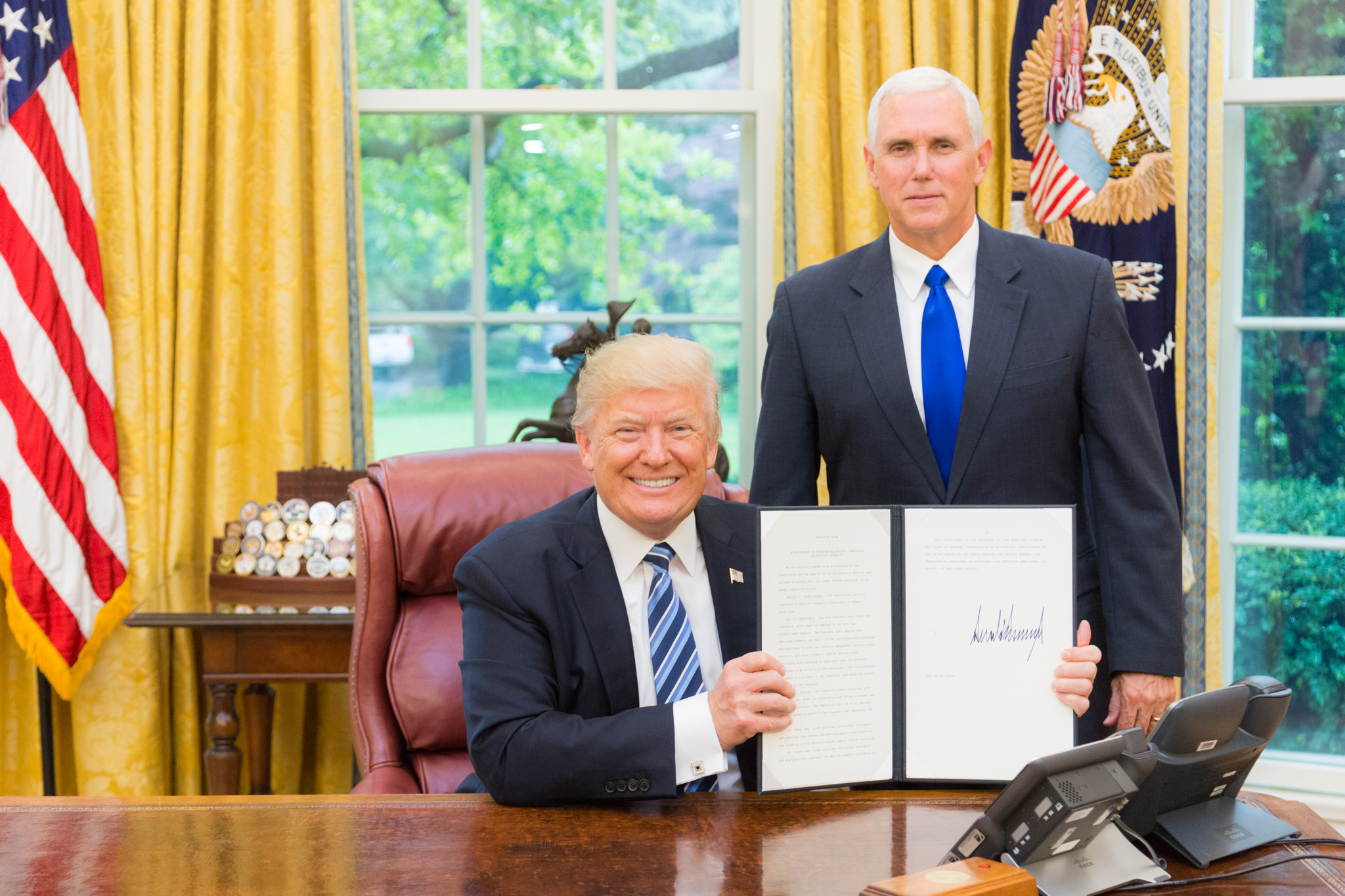Last month, the President of the United States admitted defeat (for now) and signed a government funding bill, preventing yet another shutdown, with just $1.375bn of the $7bn he wanted for the border wall between the United States and Mexico. On the face of it, this would appear to be a victory for the Democrats, who have remained outspokenly united in their opposition to any idea of a border wall. Democrats that $1.375bn is nowhere near enough money to build a full border wall, but they also know that they have forced the President to reopen the government fully until September – two victories in one. However, the President has now announced that there is a “national emergency” on the southern border with Mexico and thus has the ability to move money from government departments without the consent of Congress in order to secure the remaining funding he needs to construct and complete the wall. But how is this allowed, and what does it mean for the chances of a border wall? Also, can the Congressional Democrats do anything about it?
It seems President Trump has managed to pull a political victory from nowhere, having declared that Congress is essentially no longer required in his decision-making with regards to building a border wall. Without mentioning specific departments he would pull the extra funding from, the President declared that ‘we’re going to be signing today, and registering, national emergency and it’s a great thing to do.’ Essentially, a national emergency means that the President has the right to declare that there is a crisis within the country, at the level where it is necessary to invoke special powers to circumvent the regular structure of the United States government. This was enacted into law through the National Emergencies Act, passed in the Carter administration in 1976. Usually, the President would have to secure funding for any of their plans through Congress (as Trump has been trying to do for some time now). The declaration of a national emergency means that he can unilaterally fund his project – in this case, the border wall.
But such a declaration is not likely to happen in a straightforward manner. Much like a presidential executive order, the declaration of a national emergency is often seen as the President wielding too much power on their own. There is, after all, a process of securing Congressional approval for a reason. In his speech declaring the national emergency, Trump acknowledged that ‘we will have a national emergency, and we will then be sued…and we’ll possibly get a bad ruling, and then we’ll get another bad ruling and then we’ll end up at the Supreme Court, and hopefully we’ll get a fair shake.’ It is certainly true that the President will almost certainly face action in the courts in lieu of his declaration, probably over the fact that the ‘emergency’ on the border does not, in some opinions, constitute an emergency as per the definition of the National Emergencies Act 1976 (the Act empowers the President to activate special powers during a crisis).
While Trump is revelling in the fact that he thinks the wall can now become a reality, the truth is somewhat different from that. The President will find that his emergency declaration is almost certain to be challenged in courts across the nation. Although Trump and his supporters believe that there are genuine crises on the border, namely with drugs and illegal immigrants, many disagree. In the end, it could come down to the ruling of the Supreme Court as to whether Trump’s national emergency constitutes an actual emergency at all.J
Image: Wikipedia.

